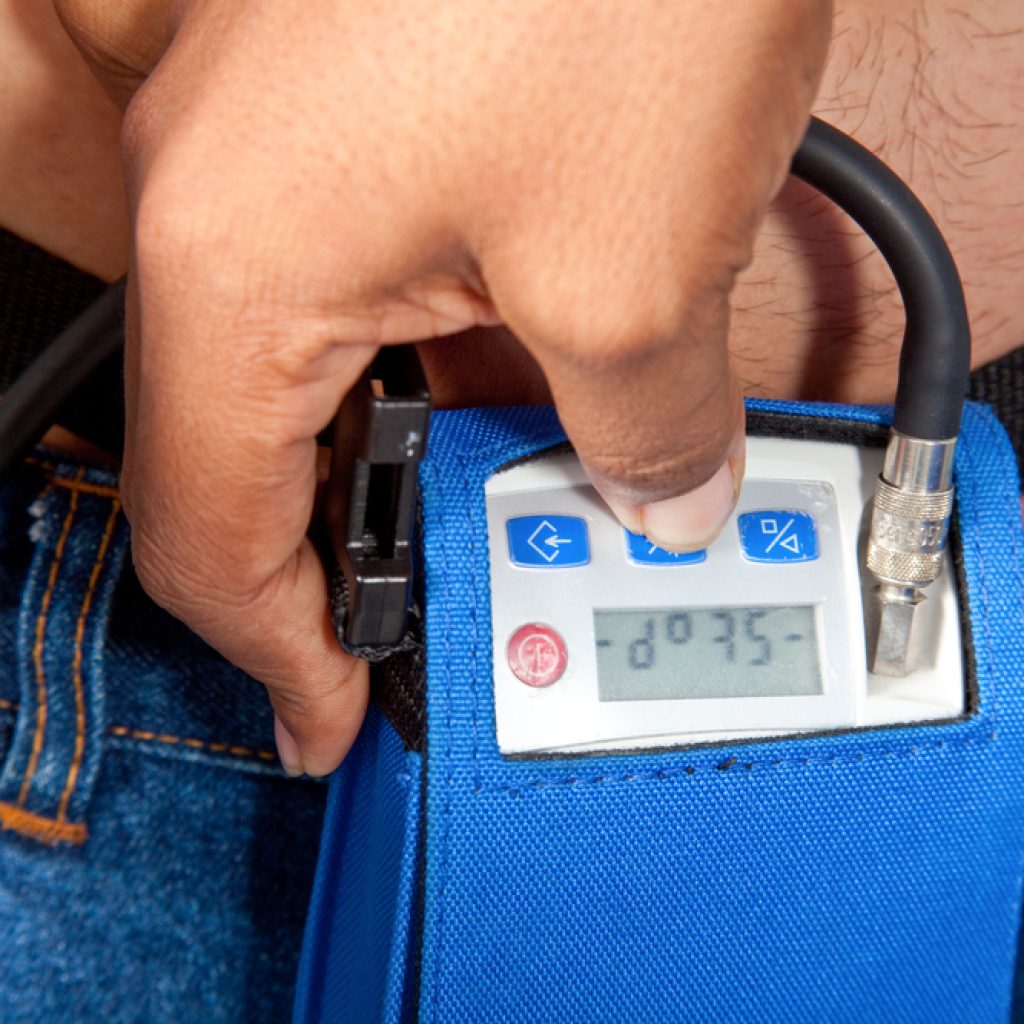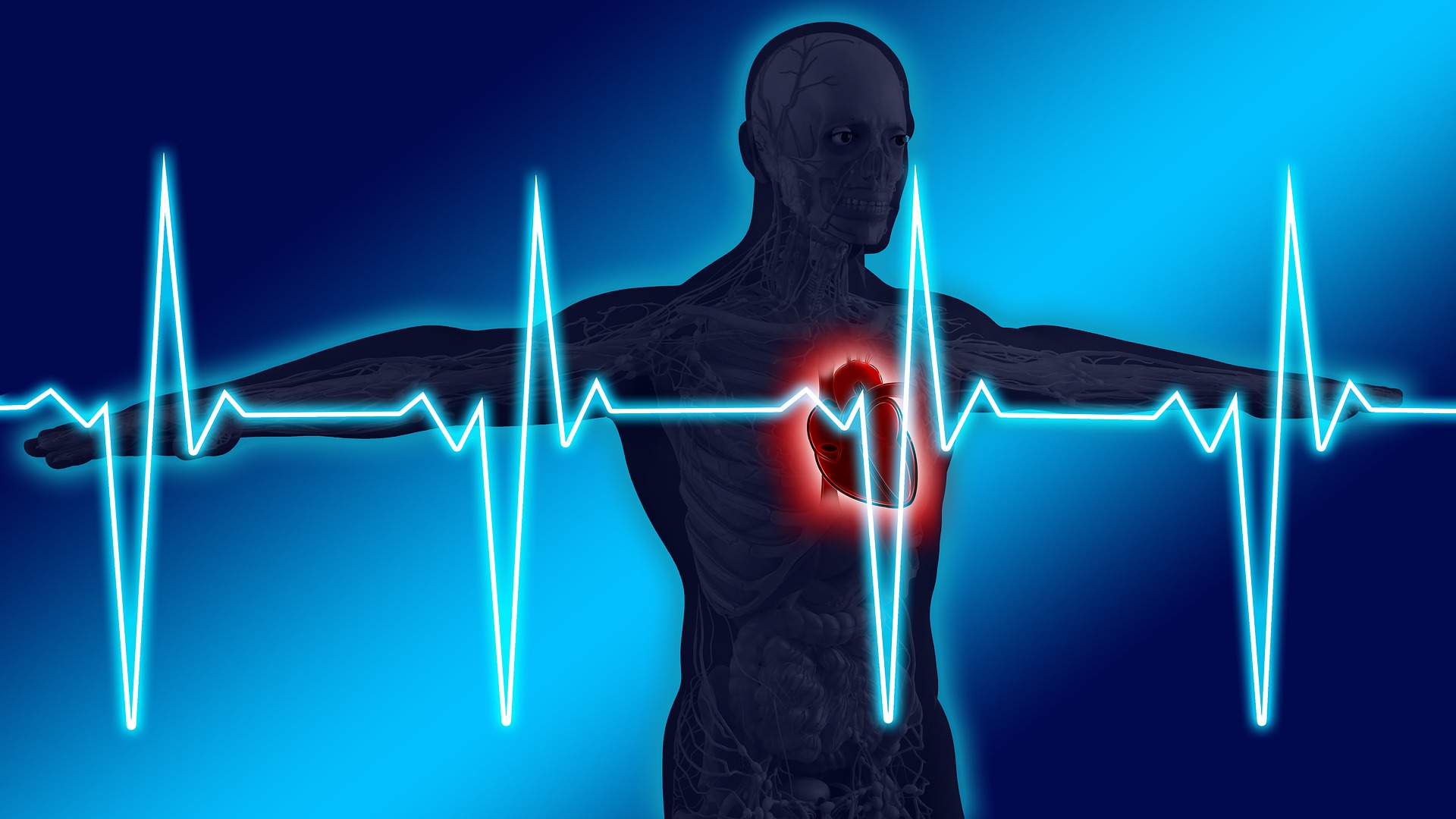The heart is one of the most important organs of the human body, as it is responsible for blood circulation and oxygen supply to the tissues.
For this reason, it is essential to monitor your activity to prevent health problems.
However, heart activity can be difficult to assess accurately, especially for intermittent heart problems.
This is why the use of a heart holter can be beneficial. A cardiac holter is a small, portable device that records the electrical activity of the heart over an extended period of time.
It allows for the detection of cardiac abnormalities that may be missed by spot checks and thus allows for better management of heart health.
In this article, we will explore in detail what a cardiac holter is and why it is important to monitor your heart activity with this diagnostic tool. 🧐
What is a holter?
A cardiac holter is a small, portable device that records the electrical activity of the heart over an extended period of time, usually 24 to 48 hours. 🕓
It is often used to diagnose intermittent cardiac disorders such as palpitationsarrhythmias and irregular heartbeats.
The device consists of electrodes that are attached to the patient's chest, connected to a small portable recorder that can be attached to a belt or shoulder strap.
The patient can continue with normal daily activities while the device records cardiac activity data.
The results of the cardiac holter are then interpreted by a health care professional to make a diagnosis and recommend treatment if necessary.
Can a holter monitor detect all heart problems?
Although the cardiac holter is a valuable diagnostic tool for detecting cardiac abnormalities, it cannot detect all heart problems.
It is particularly useful for diagnosing problems with heart ratesuch as palpitations or arrhythmias, which may occur intermittently.
However, it cannot detect arterial blockages, heart defects or other structural problems.
In some cases, other cardiac tests such as echocardiography or angiography may be needed to diagnose these problems.
It is therefore important to consult a health care professional to determine which test is most appropriate for your symptoms and medical history. 🧑⚕️
When to do a Holter test?
A Holter test is usually performed after a more traditional test to check your heart rhythm.
Even more so, a Holter test will be requested if the traditional electrocardiogram does not give your doctor enough information and details about the state of your heart.
Your doctor will use the data captured by the Holter to determine if you have a heart rhythm problem.
There are times when the standard Holter does not pick up your irregular heartbeat. In this case, there are alternatives.
Your doctor may suggest a different type of device that could work for weeks. ☝️
How it works the exam?
Our technician will place electrodes on your chest to capture your heartbeat.
The latter will explain to you how to wear the Holter in the right way in order to capture all the data transmitted by the electrodes. It takes between five (5) and ten (10) minutes to install the device in the clinic.
The examination is painless and non-invasive. It is even possible to hide the electrodes and wires in your clothes.
However, it is important to wear the Holter at all times, including while you are sleeping.
During the first 24 to 48 hours, you will be able to go about your normal activities. You will be asked to keep an up-to-date log of your activities and symptoms.
For example, you may experience chest pain, shortness of breath, or irregular heartbeats. 🥵
Once the examination is complete, you will need to return the device to the clinic. Your doctor will then analyze the data collected and send you the results.
What is the difference between a holter and an ECG?
The ECG (electrocardiogram) and the cardiac holter are two tests used to evaluate the electrical activity of the heart.
Nevertheless, there is an important difference between the two.
A ECG is a one-time test that records the electrical activity of the heart for only a few minutes, usually at rest. 😴
It is often used to diagnose problems with heart rate or to assess cardiac health in general.
In contrast, the cardiac holter records the electrical activity of the heart over an extended period of time, usually 24 to 48 hours.
It is particularly useful for diagnosing intermittent heart rhythm problems, such as palpitations or arrhythmias, which may not be detected by a spot ECG.
Why visit Cardio Laval to evaluate your heart activity?
If you're concerned about your heart activity and think you could benefit from a cardiac holter exam, Cardio Laval is a great choice to evaluate your heart health. 😌
With doctors specialized in cardiology and a team of experienced health professionals, Cardio Laval offers complete examinations to diagnose heart rhythm problems and other cardiac problems.
Cardio Laval's experienced cardiology technicians can also help interpret the holter results and work with your physician to recommend treatments if necessary.
By choosing Cardio Laval, you can rest assured that your heart health is in good hands.






